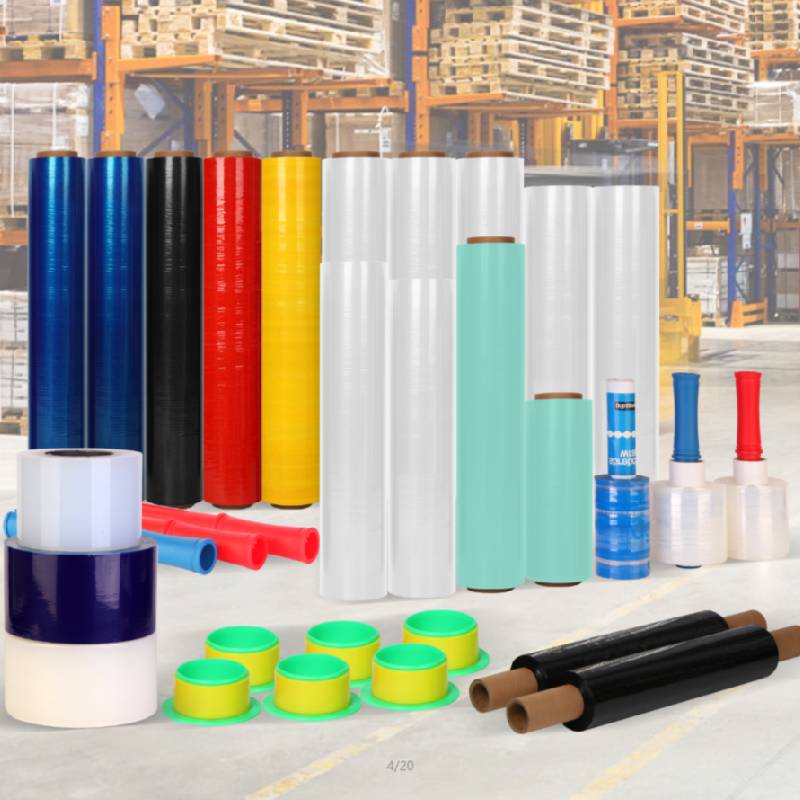Exploring the Versatility and Applications of CPP Plastic Films in Modern Packaging Solutions
The Versatility of CPP Plastic Film
CPP, or Cast Polypropylene, is a type of plastic film that has gained prominence in various industries due to its outstanding properties and versatility. CPP film is manufactured through a process called cast extrusion, where polypropylene resin is melted and extruded into a film. This method enables the production of a highly uniform and transparent film, making it ideal for a range of applications.
One of the primary characteristics of CPP film is its excellent clarity and gloss, which makes it particularly attractive for packaging applications. The visual appeal it offers is essential for products that rely on aesthetic presentation, such as food items, consumer goods, and cosmetics. The clear surface allows for a good view of the product inside, enhancing its marketability on retail shelves.
The Versatility of CPP Plastic Film
Another significant advantage of CPP film is its heat sealability. This property allows for a strong bond when sealing packages, which is vital in maintaining the integrity of the packaging system. The ability to create airtight seals ensures that products are protected from contamination and other external factors. Moreover, the heat sealing process is efficient and can be seamlessly integrated into high-speed packaging lines, making CPP an attractive choice for manufacturers looking to optimize their production processes.
cpp plastic film

CPP film also demonstrates good tensile strength and durability, which makes it suitable for both lightweight and heavy-duty applications. Its resistance to tearing and puncturing makes it an ideal choice for packaging fragile items, ensuring that the product is protected during transportation. Furthermore, the adaptability of CPP film means it can be produced in various thicknesses, catering to specific customer needs and applications.
In recent years, the applications of CPP film have expanded significantly. Beyond traditional uses in food packaging, it finds utility in non-food sectors, such as industrial packaging, medical supplies, and even agricultural applications. In the medical field, for instance, CPP film is used in sterilization pouches and wraps, where its barrier properties are crucial for maintaining sterility. Similarly, in agriculture, CPP films are employed as protective coverings for crops, aiding in temperature control and moisture retention.
Environmental sustainability also plays a pivotal role in the future of CPP film. With increasing awareness about plastic pollution and the importance of recycling, manufacturers are exploring biodegradable options and recycling processes for CPP films. Innovations in polymer chemistry are leading to the development of more eco-friendly materials that still retain the essential properties of traditional CPP films, ensuring that the industry moves towards a more sustainable future.
In conclusion, CPP plastic film is a highly versatile material that offers a multitude of benefits across various industries. Its excellent clarity, moisture barrier properties, heat sealability, and durability make it a preferred choice for numerous applications. As industries continue to evolve and adapt to changing consumer demands and environmental concerns, CPP film is likely to remain an integral part of the packaging landscape, driving convenience and sustainability in equal measure.
-
Have the freedom of customizing your custom mailers any way you want! Our dedicated packaging support will help deliver you the mailing experience you need to elevate your shipping experience to the next level! Start making a strong impression on your customers and stand out from your competitors! -
LIYA uses high quality raw materials which directly purchased from large enterprises domestic and overseas such as PetroChina, Sinopec, Sabic, Equate, ExxonMobil, Dow Chemical, Total, and Borouge, ensuring the price advantage and quality of the raw materials. -
LIYA uses high quality raw materials which directly purchased from large enterprises domestic and overseas such as PetroChina, Sinopec, Sabic, Equate, ExxonMobil, Dow Chemical, Total, and Borouge, ensuring the price advantage and quality of the raw materials.





